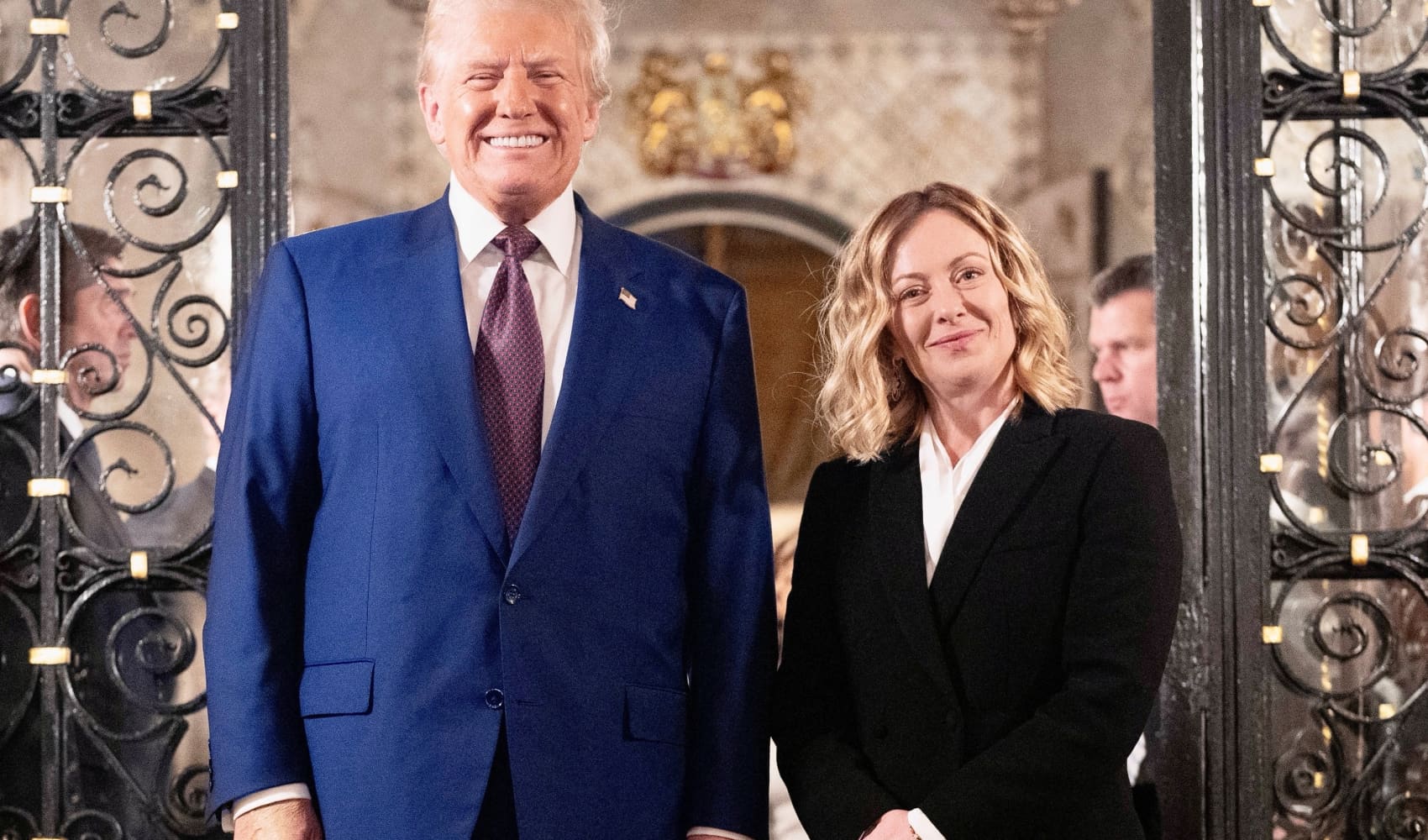
- Family offices, the in-house investment and service firms of high-net-worth families, have increasingly been making direct investments in private companies.
- But those direct deals could mean taking on more risk than family offices realize if they aren't leveraging their resources, according to a new study from The Wharton School.
A version of this article first appeared in CNBC's Inside Wealth newsletter with Robert Frank, a weekly guide to the high-net-worth investor and consumer. Sign up to receive future editions, straight to your inbox.
Family offices making direct investments in private companies may be taking on more risk than they realize, according to a new survey.
Direct deals, when family offices buy stakes in private companies directly rather than through a private equity manager, have become hugely popular with family offices and account for a growing share of their portfolios, according to the 2024 Wharton Family Office Survey.
Get Tri-state area news delivered to your inbox.> Sign up for NBC New York's News Headlines newsletter.
Yet many are failing to take advantage of their strengths as investors. And they increasingly fall short on their monitoring and deal sourcing.
According to the survey, only half of family offices making direct private investments have private equity professionals on staff who are trained to structure and identify the best private deals.
What's more, only 20% of family offices doing direct deals take a board seat as part of their investment, according to the survey, suggesting they lack forceful oversight and monitoring.
Money Report
"The jury is still out on whether this strategy will work," said Raphael "Raffi" Amit, professor of management at The Wharton School, who founded and leads the Wharton Global Family Alliance.
Direct deals have become one of the hottest investment trends for family offices. Half of family offices plan on conducting deals in the next two years, according to a recent survey from Bastiat Partners and Kharis Capital.
Many family offices see direct investing as a path to the higher returns traditionally offered by private equity but without the fees, since they are investing on their own. They also can leverage their experience in running a private business, since many family offices were founded by entrepreneurs who built family-owned companies and sold them.
The survey, however, suggests they may not be fully leveraging their experience. Only 12% of family offices surveyed said they invested in other family-owned companies. Amit said the finding may also show that family offices simply see better opportunities in non-family-owned businesses.
Family offices pride themselves on their patient capital, investing in companies for a decade or more to take advantage of their "illiquidity premium." Yet when vying for investments in private companies, family offices often stress that they don't need a fast exit like private equity firms. The majority of family offices surveyed (60%) said their overall time horizon for their investments is longer than a decade.

When it comes to direct deals, their theory appears different from their practice. Nearly a third of family offices surveyed said their time horizon for direct deals is only between three and five years. About half said they invest with a six- or 10-year timeframe, and only 16% said they invest for 10 years or more.
"They're not taking advantage of the unique aspect of private capital — the more permanent and flexible nature of it," Amit said.
Family offices are favoring syndicated and "club deals," where families team up with other families to make an investment or take a back seat to a private equity firm leading the investment. When asked how they find direct deals, most said through their professional network, through their family office networks, or that they're self-generated, according to the survey.
They also lean toward later-stage investments rather than seed or startup rounds. Fully 60% of the deals were Series B rounds or later, according to the survey.
When making a decision on a company to invest in, family offices emphasize the management team and leadership over the product. Fully 91% said the primary criteria is the quality and experience of the management team.
Amit said that while family offices may well prove successful in their direct deals, the lack of professional staff, the short time horizons and lack of board seats is "puzzling."
"It will take a number of years to find out if this will be successful," Amit said.






